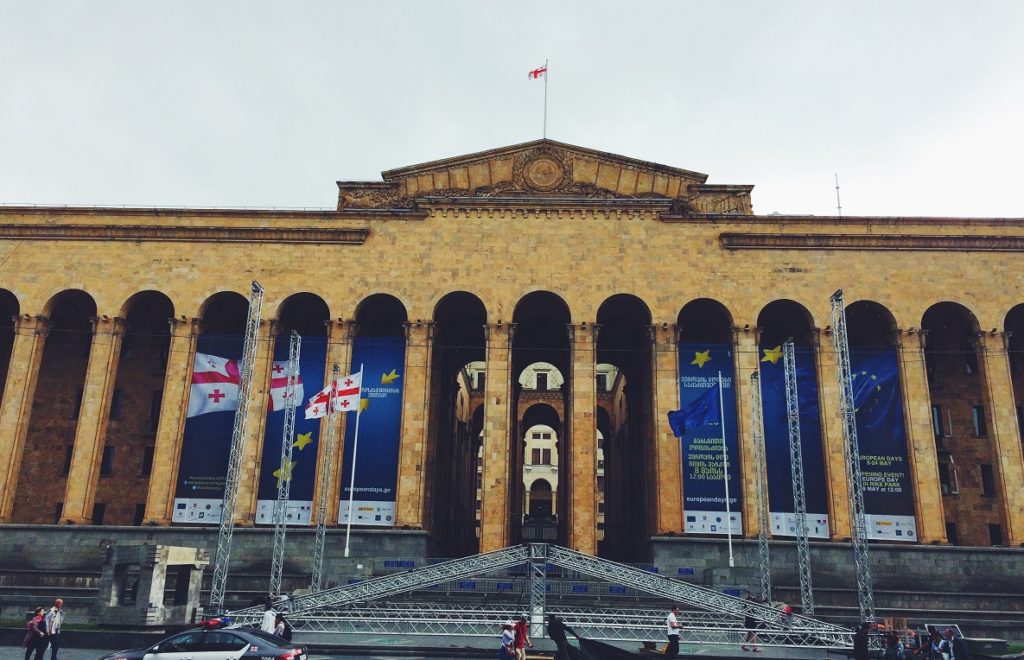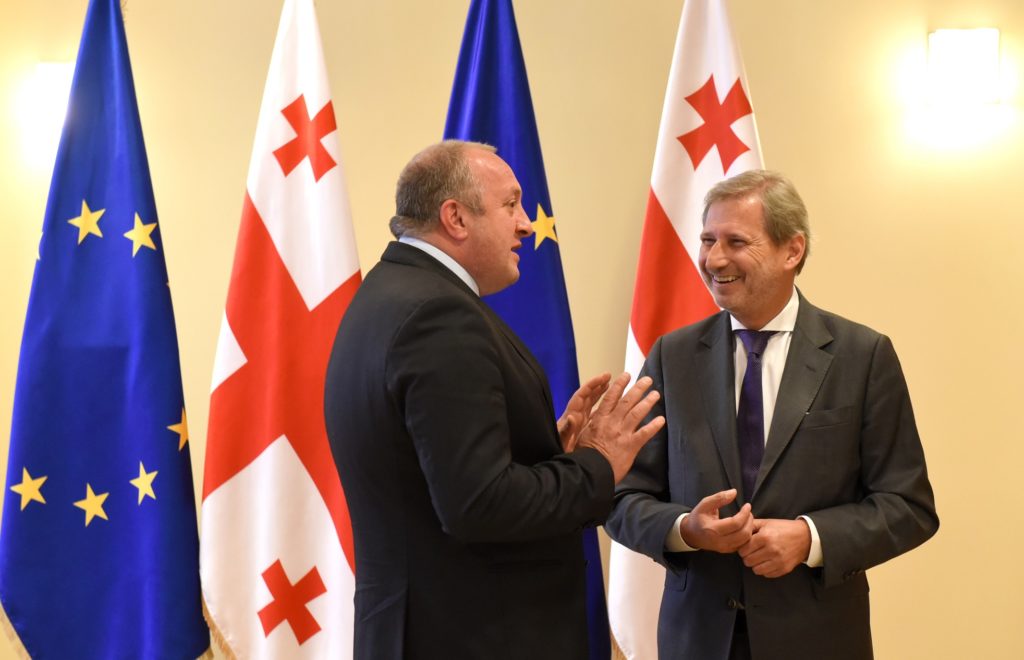It has been over six months since the European Union lifted visa requirements for Georgian citizens travelling to the EU. In recent years, this issue was the main engine of EU-Georgia co-operation and was hailed as a success of Georgia’s pro-European policies. The euphoria felt among Georgians after achieving visa-free travel, however, may fade over time. Therefore, it is necessary that the EU presents Georgia with concrete goals towards continuous participation in the Eastern Partnership.
Since the 2003 Rose Revolution Georgia has been treated as a model student, first in the European Neighbourhood Policy and then the Eastern Partnership. The United National Movement led by Mikheil Saakashvili unequivocally expressed the intention to integrate with Euro-Atlantic structures and despite the authoritarian tendencies of its leader, the party managed to implement an ambitious internal reform plan.
The pro-western trajectory of the country was not shaken by the five day war in August 2008 or the rise to power of Saakashvili’s opposition, the Georgian Dream. Many observers worried that the party, controlled by the oligarch Bidzina Ivanishvili, would take a more pro-Russian course in its foreign policy instead of deepening its co-operation with the West. Despite a slight relaxation of relations between Tbilisi and Moscow after 2013, the activities aimed at Georgia's integration with the EU have continued.
October 31, 2017 -
Mateusz Kubiak





































